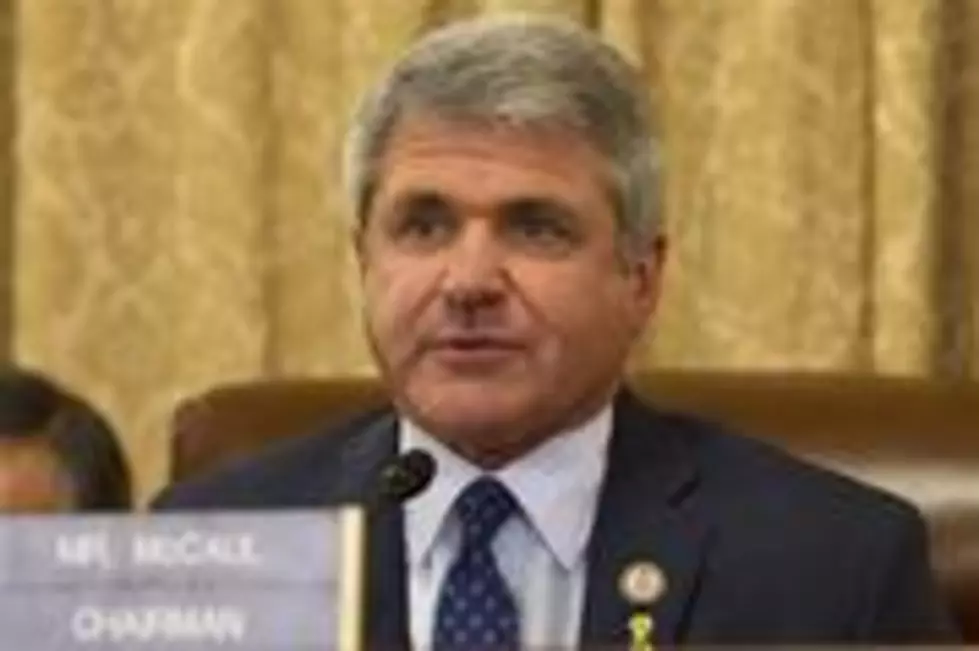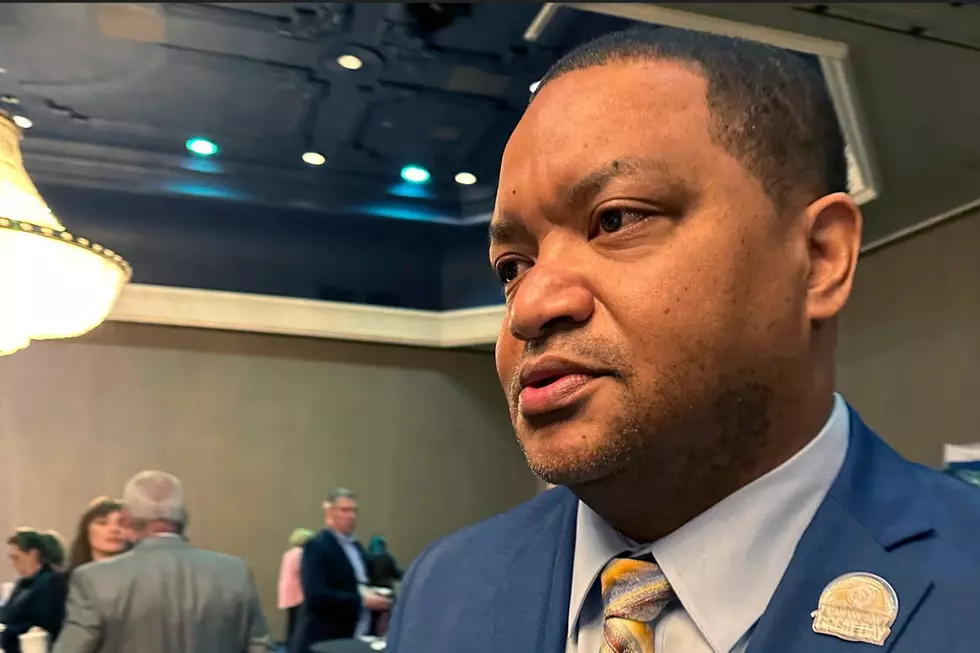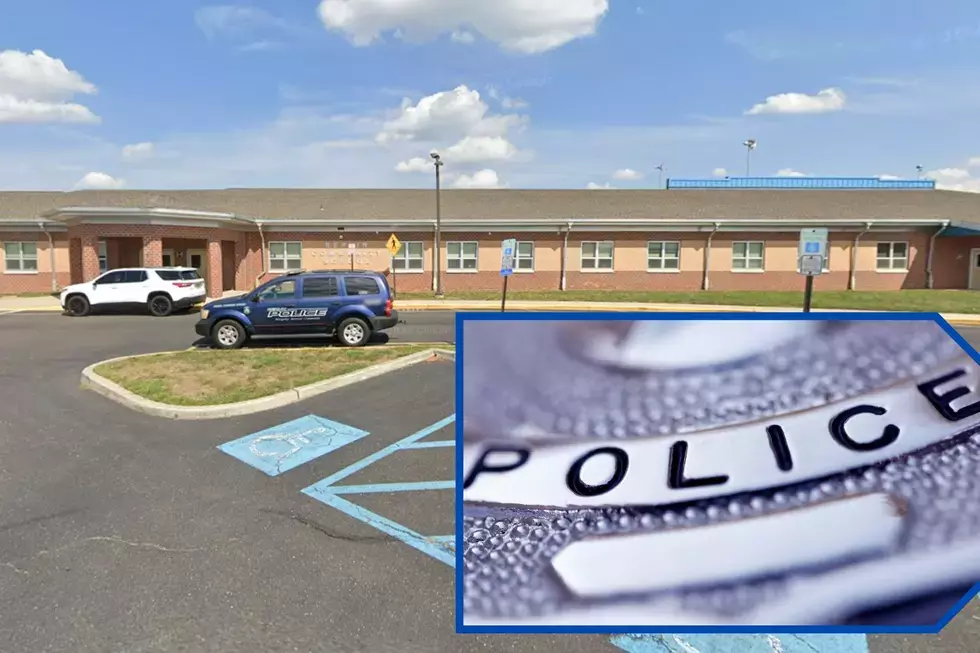
Russia Withheld Intel on Boston Bombers
A yearlong review of information the U.S. intelligence community had prior to the Boston Marathon bombing found that the government did not miss any key details that could have prevented the attack - instead, the report found, information Russia withheld from the U.S. could have made a difference, according to an official who described the report's findings.
The Obama administration briefed Congress Thursday on the intelligence community inspector general's findings. The inspector general examined how the government's 17 intelligence agencies handled information it had prior to the April 15 attack that killed three people and injured more than 200 others. It explored whether there were any missed opportunities to share information that could have prevented two ethnic Chechen brothers from carrying out the bombings, according to the official who spoke on condition of anonymity because the report had not been released publicly.
Shifting the blame toward Russia for possible intelligence failures before the bombing comes at a time when relations between the two countries are the worst they've been since the Cold War era.
Russia's reluctance to share information with the U.S. government that might have helped prevent a terror attack on American soil was one of the first major cracks in the relationship between the two countries. Over the past year, U.S. and Russia relations have deteriorated. Russia gave asylum to National Security Agency leaker Edward Snowden. President Barack Obama cancelled a planned security summit with Russian President Vladimir Putin. And most recently, Russia ignored warnings from the U.S. and its allies and annexed the Crimean Peninsula from the Ukraine.
But the report's conclusions could find sympathy with members of Congress and the nation who have grown increasingly skeptical about the effectiveness of U.S.-Russian cooperation on law enforcement or other matters.
In 2011, Russian authorities told the FBI they were worried that one of the suspected bombers and his mother were religious extremists. The Russians were unresponsive when pressed by the FBI for more details. It was only after the 2013 attack that the U.S. intelligence community learned that the Russians withheld some details that might have led to a more thorough FBI investigation.
The Russians told U.S. officials that they secretly recorded a telephone conversation in 2011 in which one of the Boston bombing suspects vaguely discussed jihad with his mother, the AP first reported weeks after the attack last year. In another conversation, the mother of now-dead bombing suspect Tamerlan Tsarnaev was recorded talking to someone in southern Russia who is under FBI investigation in an unrelated case, officials have said.
Even if had the FBI received the information from the Russian wiretaps earlier, it's not clear that the government could have prevented the attack.
Russia has been inconsistent in how much information it shares with the U.S. on counterterrorism issues, said David Rubincam, the FBI's legal attache in Moscow from May 2011 through October 2012. Rubincam has since retired from the bureau. He was interviewed by the intelligence community inspector general over the past year.
"There were things that they would be more forthcoming on and things that they would just not respond to," Rubincam said of Russian intelligence officials.
Tsarnaev was one of many leads the FBI was pursing based on Russian intelligence, he said. When the Russians asked the FBI in March 2011 to look into Tsarnaev, the FBI did. The bureau also asked the Russians if they had any more information on Tsarnaev that they could share with the U.S., but Russia was unresponsive.
U.S. intelligence officials in Moscow regularly met with members of Russia's Federal Security Service about counterterrorism issues, Rubincam said. During these meetings, the Russians would share intelligence concerns with the U.S.
"Certain names come up regularly, but Tsarnaev wasn't one of them. And I mean never," Rubincam said of the meetings he participated in with the Russians.
"When it came to my attention what had been withheld from me during my assignment in Moscow, I felt betrayed," Rubincam said.
Obama has not yet seen the report, said White House spokesman Jay Carney, who defended the FBI investigation of the Tsarnaev brothers.
Carney said the agency did a thorough investigation of the brothers' backgrounds in 2011, "based on limited information provided by the Russian government," and found no evidence of terrorism activity.
"The FBI did not find any terrorism activity, domestic or foreign," he told reporters traveling with Obama to Austin, Texas.
Tsarnaev died in a police chase after the attack. His brother, Dzhokhar, has pleaded not guilty to 30 federal charges, including using a weapon of mass destruction.
After the attack, the FBI investigated and found nothing that indicated that the brothers had ties to extremists in Dagestan, a turbulent Russian region that has become a recruiting ground for Islamic extremists.
The U.S. has long been worried about this type of domestic attack: when ideologies motivate people who are not tied to any designated terrorist group to commit violent acts.
---
Associated Press writers Bradley Klapper and Darlene Superville contributed to this report.
More From New Jersey 101.5 FM









